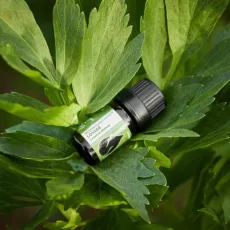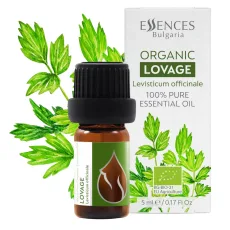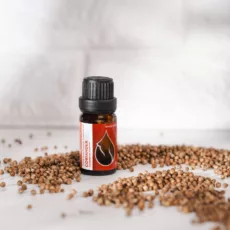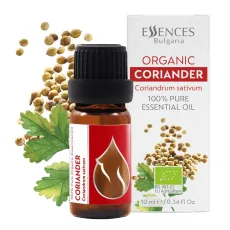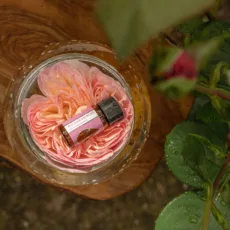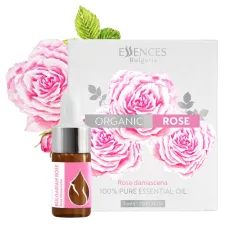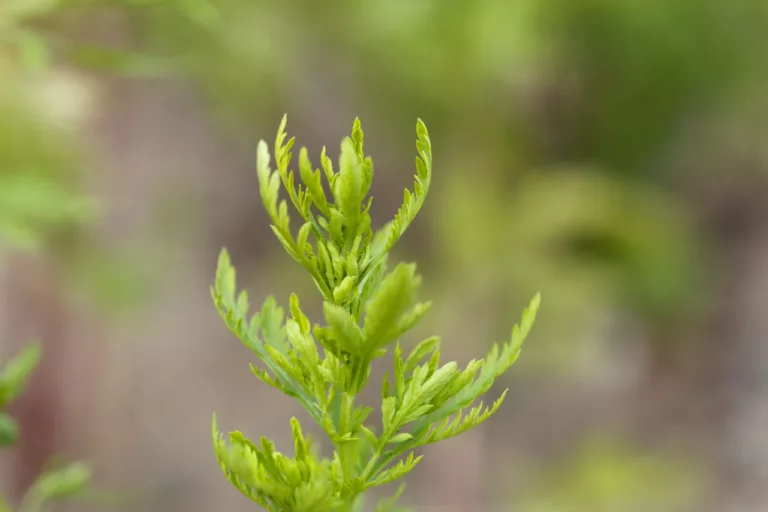Lovage
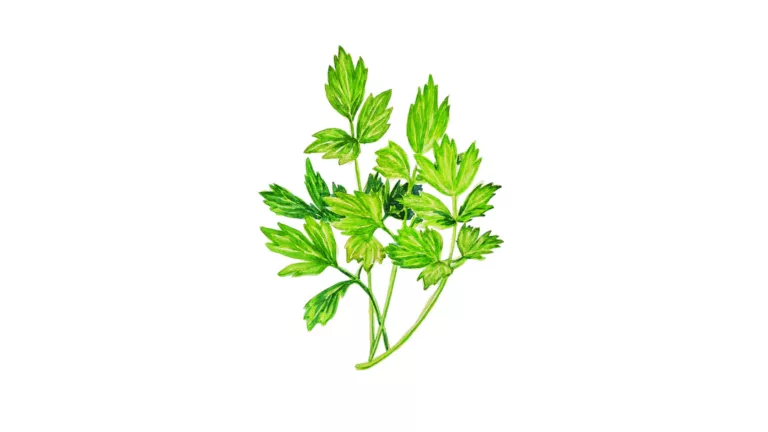
Lovage (Levisticum officinale) is a perennial herbaceous plant from the Aster family (Asteraceae). Its distinguishing feature is lovage’s strong, rich, and distinctive incense-like aroma. Since antiquity this irresistibly fragrant herb has been regarded as an aphrodisiac.
Lovage was known in Ancient Greece and Ancient Rome. Renowned healers such as Hippocrates, Avicenna, and Galen recommended lovage boiled or infused in wine for brain diseases, for dispersing swellings—both internal and external—as a purifying agent, against nocturnal enuresis, and mixed with honey to cleanse and strengthen the body in cases of poisoning.
An ancient Greek legend tells how the lovage herb sprang from the tears of the beautiful Helen, abducted by Paris. For this reason the plant is often called “Helen’s herb” in Europe. Lovage is considered a symbol of health and feminine beauty.
The Slavs believed the herb had nine healing powers, while the Chinese attributed to it the ability to cure ninety-nine ailments. During his Alpine crossing, the commander Suvorov gave his soldiers a lovage tincture to increase their strength and fighting skills. As early as 1882 it was established that lovage inhibits the spread of tuberculosis bacteria. In Germany this plant is thought to be hostile to sorcerers and is associated with love magic, whence its name Liebstöckel.
In folk medicine the juice or a decoction from the roots and leaves of lovage is used. An infusion of the roots is used to relieve stomach colic, as an expectorant in bronchial inflammation, to improve appetite, to reduce gas formation, to regulate the hormonal system, and to strengthen hair growth.
As a tea (infusion), lovage is a natural blood purifier and a natural mucolytic for coughs, bronchitis, flu, pharyngitis, and tonsillitis.
According to folk belief, lovage possesses yet another hidden power—purifying power—protecting not only the inhabitants of the home from negative energetic influences, but the entire house as well; therefore it is planted by the front door to drive away evil forces and thoughts.
